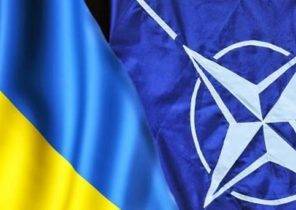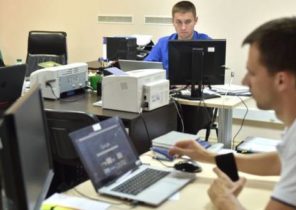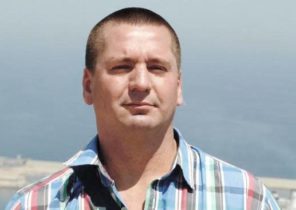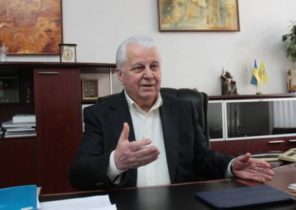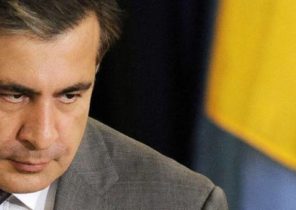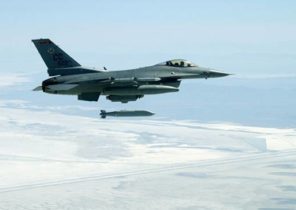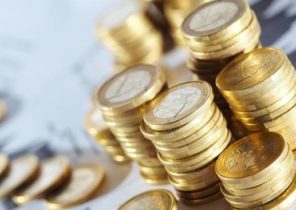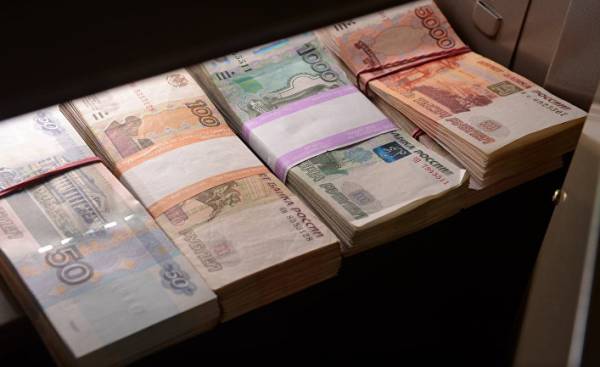
The economic crisis in Russia is over, anyway, for the oligarchs. In 2016, Russia’s billionaires have been able to increase his fortune of $34.5 billion to $192 billion. This is due to the income on the Russian stock market after commodity prices rose again.
Among 77 Russian billionaires, the richest is Leonid Mikhelson, the majority shareholder of gas company NOVATEK and oil giant SIBUR, as, according to Blumberg aktuell, $16.8 billion.
Increased the number of millionaires and a significant growth in the past year they became 10% more. They have a total fortune of $930 billion, that is 62% that has the whole nation. For comparison: globally, millionaires have less than one third of the total capital.
Down no improvement
In the lower strata of the population pattern of income in Russia does not look so pink. However, Rosstat officially announced in January about the growth of real incomes for the first time since November 2014. However, the state Bank VEB has recognized in its analysis that the growth of 8,1% is exclusively a one-time payment to retirees in 5 thousand rubles (about 80 Euro). Due to the lack of money the government refused to produce the increase of pensions to neutralize the action of inflation.
Other statistics also indicate trouble. An increasing number of people in Russia are dependent on social benefits. While, according to the Analytical center of the Russian government, the payment of salary dropped 0.8 percent to 64.8% of the total income, the proportion of applications for social benefits reached a record level of 19.1%. At the same time, the Gini coefficient, showing the difference in income has grown by almost 40%.
Enterprise lower salaries
The falling share of wages in income has nothing to do with rising unemployment. It remains stable at a low level. “We have no problems with unemployment, we have problems with employment”, — said Yevgeny Gontmakher of the Russian Academy of Sciences this trend at the international economic conference in Altai, “the Siberian Davos”.
Enterprises saved on that instead of layoffs, lowered salaries, explained his colleague Vladimir Gimpelson of the Research center of the job market at the Moscow Higher school of Economics. “The risk therefore is determined by the employees themselves whether they want to retire or continue working with minimum payment”.
People save
While the government says the end of the crisis, the proportion of people who describe their situation as “deteriorating”, according to recent polls, has increased by 38%. In line with this, the people continue much to save, consumption growth that I was hoping for, in the first months was not observed. Purchase of expensive goods, such as cars, are deposited. Car sales in Russia in February fell to 106.7 thousand, the lowest figure since 2010.
